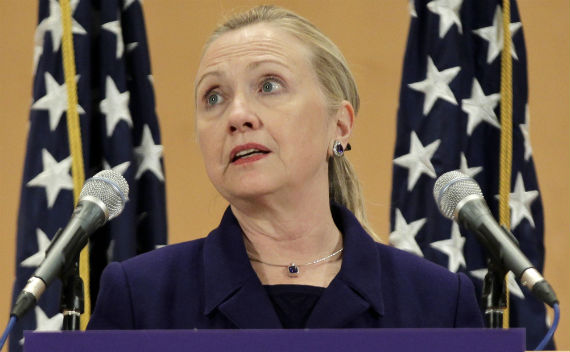Gay Rights in Africa

On December 6, in a presidential memorandum and a speech by Secretary of State Hillary Clinton in Geneva, the Obama administration announced that it will use all diplomatic means to promote gay rights around the world. In effect, the administration is trying to establish a new international norm, much as the Carter administration tried to do with respect to human rights.
More on:
In sub-Saharan Africa, homophobia is widespread. Zimbabwe’s Robert Mugabe and Uganda’s Yoweri Museveni, for example, have used it to whip up public support and to distract attention from bad governance. In Uganda, there is legislation under consideration that could include the death penalty for homosexual acts. In Zimbabwe, the Anglican Church’s alleged sympathy for homosexuality was part of the pretext for, in effect, the seizure of the property of the country’s largest church and for official castigation of the Archbishop of Canterbury. Paradoxically, Mugabe’s attack has led to an Anglican revival in Zimbabwe—even though the population is probably as homophobic as elsewhere in Africa. (Notably, Mugabe’s chief presidential rival, Morgan Tsvangirai, has recently publicly supported gay rights.)
In nominally democratic Nigeria, Muslim and Christian leaders have called for additional laws penalizing homosexual behavior, one of which recently passed through the senate. The outlier is South Africa, where public gay pride parades are held in Johannesburg and Cape Town and discrimination based on sexual preference is outlawed. South Africa has among the most thorough constitutional guarantees of human rights in the world. But gay rights are a “white” issue, and homophobia is widespread among other racial groups.
There is African resentment at what some see as Western imposition of norms, and some will put the Obama administration’s new policy in that context --as the International Criminal Court has been because the cases before it all involve African figures. Nevertheless, as former president Jimmy Carter’s sponsorship of human rights shows, new norms can over time influence the behavior of governments.
More on:
 Online Store
Online Store